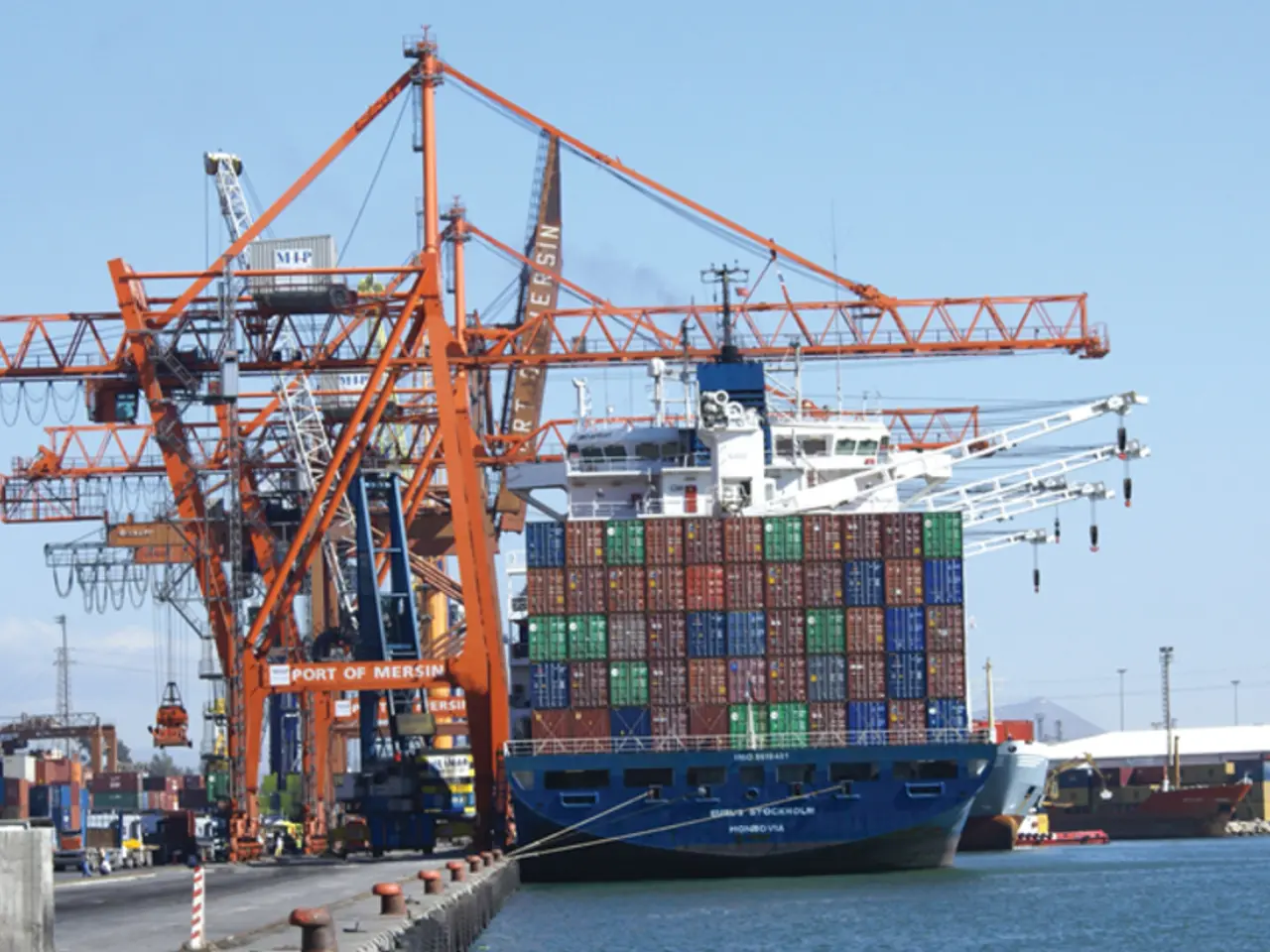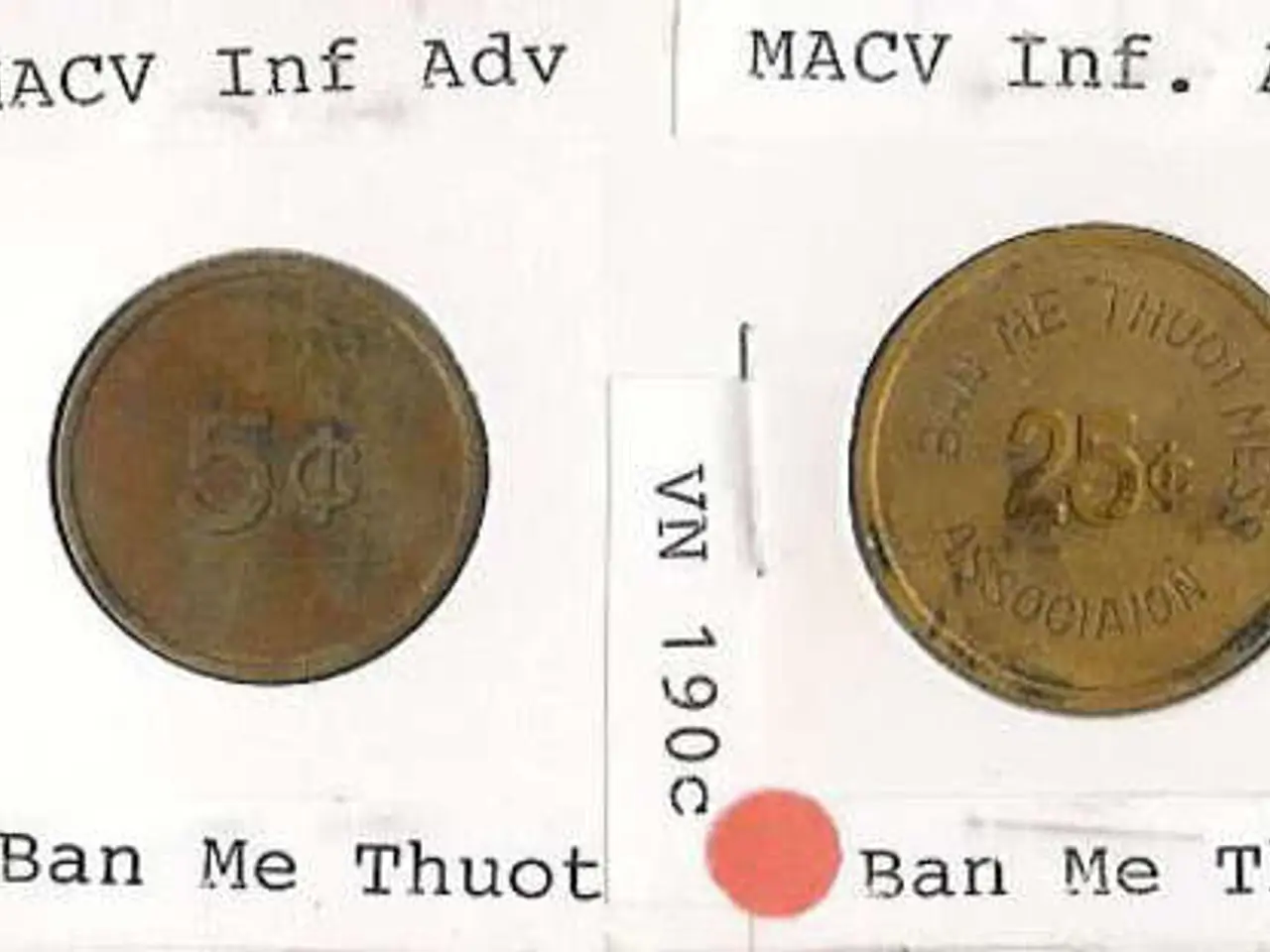IMF Turns Down Pakistan's Proposal for Cryptocurrency Mining Energy Allocation
In a significant turn of events, the International Monetary Fund (IMF) has rejected Pakistan's proposal to offer subsidized electricity for cryptocurrency mining and AI data centers. The rejection, which carries substantial implications for foreign investment in both the crypto and AI sectors in Pakistan, has been met with a wave of uncertainty.
Pakistan's ambitious plan aimed to allocate 2,000 megawatts of surplus electricity at subsidized rates, with the intention of attracting foreign capital and boosting its technological footprint globally. However, the IMF's rejection, citing concerns over market distortions, legal ambiguities, and strain on the fragile power distribution system, has undermined this incentive and dampened the appeal for foreign investors looking for cost-effective energy for crypto and AI operations.
The IMF's stance highlights a lack of consultation with international lenders and raises questions about regulatory clarity in crypto-related activities. Despite Pakistan launching the Pakistan Digital Assets Authority to regulate crypto, the rejection signals ongoing policy and financial strategy gaps that can deter investor confidence, especially in sectors reliant on clear regulatory frameworks like AI and crypto mining.
Moreover, the IMF’s opposition to targeted subsidies is rooted in concerns about energy market distortions and the sustainability of Pakistan’s power sector. This limits Pakistan’s ability to leverage its surplus energy effectively, potentially slowing down infrastructure development critical for energy-intensive industries such as crypto mining and AI data centers, further impacting foreign direct investment in these sectors.
In response, Pakistan is now engaged with international institutions like the World Bank to refine its energy subsidy proposals and align with global standards. Until these alignments and clarifications are achieved, uncertainty will remain a hurdle for attracting foreign investment in the crypto and AI industries.
Meanwhile, in the world of cryptocurrency, other developments are unfolding. Binance Alpha has launched the ECHO protocol on its platform, and Bitcoin (BTC) is currently valued at $109,724.66, with a market cap of $2.18 trillion and a market dominance of 64.32%.
John Kojo Kumi, a cryptocurrency researcher and writer specializing in emerging startups, tokenomics, and market dynamics within the blockchain ecosystem, emphasizes the importance of understanding the complexities of digital assets and decentralized technologies. He holds a Bachelor of Arts in Geography and Rural Development from Kwame Nkrumah University of Science and Technology, Kumasi.
In a separate development, Pomerantz LLP has filed a lawsuit against a strategy company over Bitcoin losses. Elon Musk, the CEO of Tesla and SpaceX, has denied a filing for a new political party.
Hong Kong has introduced stablecoin licensing to enhance financial stability, further underscoring the growing global interest in digital currencies. As the landscape of cryptocurrency continues to evolve, it remains to be seen how Pakistan's regulatory decisions will impact its position in the global crypto market.
[1] Dr. Fakhray Alam Irfan, Secretary of Pakistan's Ministry of Power, confirmed that the IMF has not agreed to the proposal. [2] The initial announcement drew attention for not consulting with the IMF officially, and the plan's legality is questioned. [3] The IMF expressed concerns about grid burden and market distortions. [4] He is a Crypto News Writer, tracking and reporting on industry trends. His expertise spans content strategy, SEO optimization, and technical research. He strives to equip readers with the knowledge to navigate the complexities of digital assets and decentralized technologies.
- The IMF's rejection of Pakistan's proposal for subsidized electricity for cryptocurrency mining and AI data centers has raised questions about regulatory clarity in crypto-related activities.
- John Kojo Kumi, a cryptocurrency researcher, emphasizes the importance of understanding the complexities of digital assets and decentralized technologies, given the ongoing developments in the world of cryptocurrency.
- The IMF's stance on Pakistan's plan underscores its concerns about energy market distortions and the sustainability of Pakistan's power sector, potentially slowing down infrastructure development for energy-intensive industries like crypto mining and AI data centers.
- Hong Kong's introduction of stablecoin licensing further underscores the growing global interest in digital currencies, as the landscape of cryptocurrency continues to evolve.




